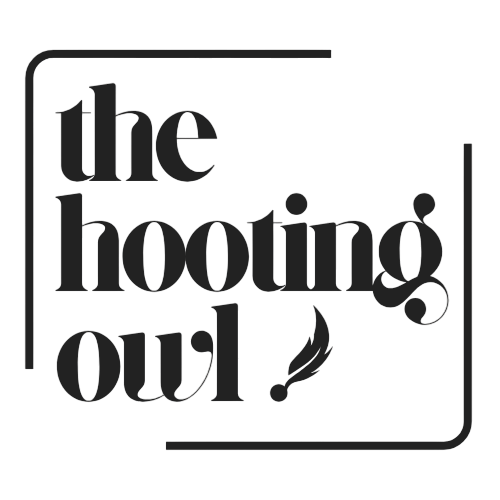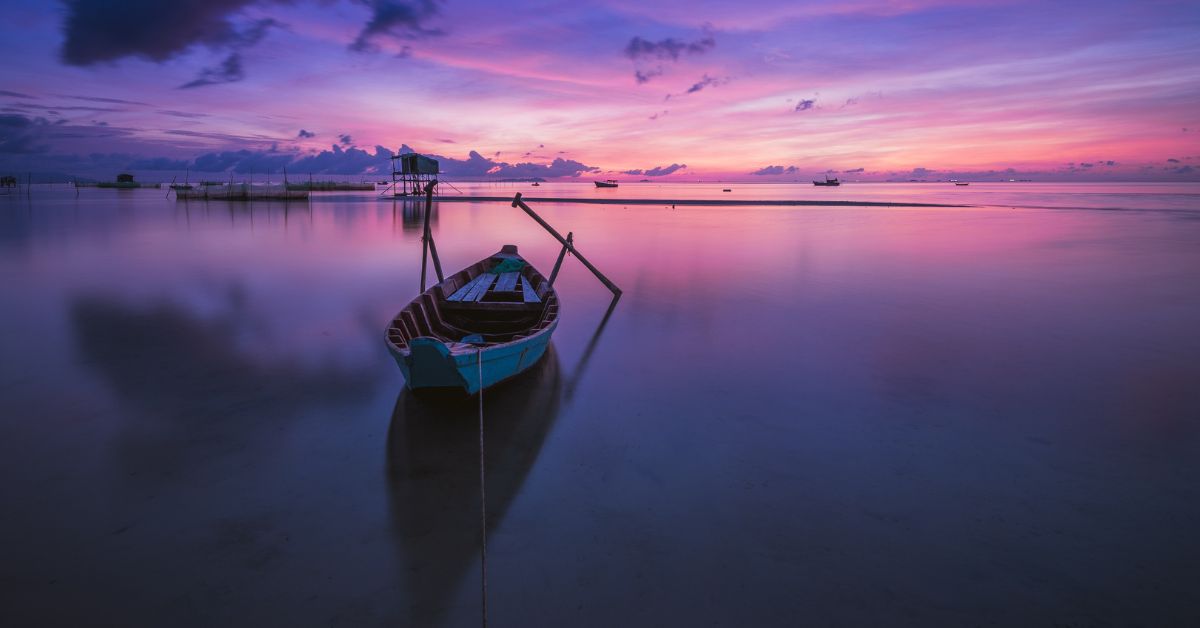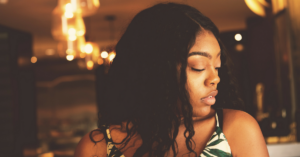Mark returned to the room after midnight, face flushed. He must’ve drank something I couldn’t smell on him — vodka citrus or rum and coke. He took his boots off at the door and lay splayed out on his bed. I was still awake and buzzing after my call with Nazir, so I found that I had no desire to harangue him. If drinking made him feel even half as good as I felt then, I would allow it.
***
In Naivasha, we took a boat around the lake where I led the waterfowl tour. It was a windy day and the waters were choppy, but the clouds had thinned and let in streams of sunlight that worked wonders for the photography. The warmth in the air signalled that the short rains would arrive soon — in a week, perhaps even less.
The waterfowl tour is one I particularly enjoy. I am learning to identify birds by both their features and their calls and this tour allows me to indulge in my hobby. With plenty of species to view, there’s always something new for me to learn, which makes the excursion as fresh for me as it is for my guests. The great white pelicans are easy to spot taxiing on the waters, as are marabou storks. The herons with their long, straight beaks aren’t too difficult to come by either, along with a variety of ducks, pheasants and guinea fowl.
You’ll hear the ibis before you see it because it’s quite a vocal bird, as are weaverbirds, sparrows and wrens. You’ll have to look a little harder to spy the cormorants perched on reeds in the marshes. There too, you may find the Egyptian geese wading on their webbed feet and if you’re really lucky, you may get to see the African Jacana as well. Atop the acacia trees along the shores, it is possible to spot a lone fish eagle, an osprey and even an eagle owl. In the gardens, you’ve got your classic swallows swooping from branch to branch, the superbly blue starlings, bulbuls with their Mohawks, pigeons, doves, fire finches and even kingfishers.
The amateur photographer with dreams of winning a birdlife photography award turned out to be the most disruptive on the trip. This came as no surprise; there’s always one in every group — one who can’t hold their liquor, one who gets carsick and hurls in the cruiser, one who strays off the hiking trail and gets lost for hours, one who litters the park, one who doesn’t put out their cigarette butts, and the absolute worst one who feeds the animals against all sense and warning.
Given how much there was to see and his insistence on capturing everything, the tour took too long. There was little time left for the crescent island walking safari. And we only had half of the next day to hike down Hell’s Gate gorge, and hit the geothermal spa before proceeding to Maasai Mara. Ignoring our guidance on how to structure the circuit, this particular group had arranged to charter a flight back to Wilson Airport from the Mara. They soon regretted that decision and tried to change the itinerary. This would not only be inconvenient, it would also be costly to cancel and rebook reservations.
Seeing as they were not willing to shoulder the extra cost, I vetoed the request explaining calmly and politely why it could not be done. That wasn’t enough to keep the organizer, spurred on by the amateur photographer’s loud complaints, out of my face. As she went on about not getting value for their money and suggesting that the clumsy schedule she had fervently pushed for was our fault, my heart pounded in my chest.
I struggled to control my breathing and had to fold my palms into fists to keep them from shaking. Knowing that my voice would tremble and betray weakness if I spoke, I kept silent. My forehead was hot with anger, both at this woman’s entitlement and at myself for my inability to tell her off. In the end, it was Mark who came to my rescue, shutting her down with the kind of ultimatum that would send Dad over the edge.
“The itinerary stays the same, or we part ways here,” he said.
He left no room to negotiate, effectively ending the kerfuffle. As soon as we dropped the group off at their hotel, Mark turned to me.
“What was that? Since when do you let anyone get in your face like that?”
Guests do on occasion become testy. One cannot work in the tour industry without learning how to be accommodating whilst tactfully refusing to yield to unreasonable demands. Mark was right; I never let anyone make me feel small. I was losing my edge.
“I’m not sure, I don’t seem to be myself lately,” I said. He gave me a look indicating that we weren’t nearly done talking about it. “Yes, I know. Soon,” I said.
***
That evening, we couldn’t find a double room with a tub in it but we found a hotel that kept its pool open at night and checked in. While I swam, Mark opted for the gym. Later we ate dinner at the bar and when Mark asked for a beer, I let him have it. I ordered a glass of rosé that I had long ago discovered wouldn’t give me a hangover. By the time Nazir called, one glass had turned into three. I was thankful he tore me away before I finished the whole bottle.
It had been four days since I’d last spoken to Mundia. We’d never gone that long without speaking — except during the papaya standoff, but that’s a story for another day. I did consider calling but just as fast realised that beyond apologising for missing his call, (which I was not sorry for), and telling him I was checking in from Naivasha, (which he would know from the itinerary I forwarded to his email before every trip), we had nothing else to talk about. That could also easily have been a text but I was not inclined to send even that.
He hadn’t called again either; it was unclear who was giving whom the cold shoulder. By the time I got home from that circuit, it had been overtaken by events. Mundia didn’t bring it up and I sure didn’t. Subsequently, we stopped speaking whenever I went on a circuit without really deciding not to. A new, silent normal just rolled over us like a fresh coat of paint when we weren’t looking.
I spent my evenings in my lodgings or around bonfires when we were out camping. This, I had always done. The only difference was that now it was followed by calls from Naz. We kept a safe distance at first, talking about our childhoods. He told me about going to Moi Avenue Primary and later to Jamhuri High. I told him about going to Kangemi Primary and later to Pangani Girls. While my parents ran the tour office out of a small office in Westlands, his late father owned a sari shop on Ngara road and they lived above it.
“So you’re a town cat,” I teased. What I really wanted to say was, It’s a wonder we haven’t met before, having always been in the same orbit. But I thought of how keen that would make me sound and forced myself to put some guardrails up.
“So to speak,” he said. “My grandfather bought the lot in the early days and built the house I grew up in.”
“Oh, so it’s a legacy house.”
“Well, no. Legacy is a fallacy. I wouldn’t call it that.”
“What?” I asked incredulously.
“It’s an illusion,” he doubled down.
“This coming from someone who holds generational wealth!”
This would become a pattern in our conversations. I’d say something he thought was obsolete, he’d say something I thought was outrageous, and we’d talk on and on for hours.
“Well, it’s not in the family anymore so, there goes that so-called legacy,” he said with an edge. I sensed that I’d hit a nerve and took a step back.
“I don’t really know much about my grandparents. My parents don’t like to talk about the past.”
“I get it. My dad was born in the 50s. This would’ve been right in the thick of the struggle for independence. Those were violent and uncertain times. I can see how that can be difficult to talk about.”
“Right.”
“My great grandfather came here back when India was still a British colony. This was maybe forty, forty-five years before the India-Pakistan partition was done.”
“I’ve heard about that.”
“I don’t know how much you’ve heard and I’m not about to turn this into a history lesson,” he said, “But… Punjab was a flash point. A lot of people were displaced, including my paternal family. They might have moved to Pakistan which made tracing them nearly impossible. But in all likelihood, some or many of them were lost in the massacres.”
“Whoa. I’m sorry to hear that.”
“It’s… not-so ancient history. But my point was, even now the partition is still a sore subject. No one really wants to revisit that bloody history.”
“I hadn’t thought of it that way,” I said. It was probably the first time I hadn’t said that phrase sarcastically.
Sometimes there were lulls in the calls where we’d listen to static, the wind howling on either side, or the sound of each other breathing. They didn’t start out that way, but gradually they became comfortable silences. Moments to retreat, process and then reach out again.
“If I may ask, and forgive me for overstepping but I’m curious.”
“Mhmn.”
“I’m just wondering if you are like… a devout Muslim.”
“Oh that!” He exhaled a laugh and only then did I realize that he’d been tense. “Well, I don’t know that I ever was.”
“You weren’t?”
“I mean I went to madrasa, and when my dad was still alive I’d go to the mosque with him. But that was more out of respect for him than devotion on my part.”
“And now? Do you say your Salahs and such?”
“Not since Dad’s passing.”
“A real life apostate,” I said.
He chuckled. “Apostate, now that’s a good word.” I smiled. He’d reciprocated my appreciation for good vocabulary. “I do believe in a Higher Power, if that’s what you’re asking. It’s impossible to spend this much time in nature and not feel a connection to something bigger than yourself.”
I exhaled.
“What brought this on?” He asked. It was almost jarring how attentive he was. Whenever I tried to talk to Mundia about anything that required even the mildest self-reflection, he was usually reluctant and disengaged. Moreover, he displayed no curiosity about my inner thought life so when Naz did, it was surreal.
“Just wondering,” I said. I had started to believe that I was boring; that no one else out there wanted the same things I wanted. I felt equal parts relief and grief for how alienated I’d felt.
“It’s refreshing to talk to someone who knows themselves.” Where have you been all this time?
“Well, identity is something I had to think hard about,” Naz went on. “Especially after my Dad died and my mom decided to move to London to be closer to her sisters. My older sister had already moved there for school —”
“The hot shot lawyer.”
“The hot shot lawyer. And my younger sister wanted to go to college there so it was the obvious decision for both of them to move.”
“You had a chance to move to London and you chose to stay here?”
“What was I going to do in London? Work at the Zoo? Or spend my days selling fabrics with my uncles and then go home to a house filled with a dozen aunties and cousins who won’t rest until they’ve married me off to a girl from a good family?” He said the last part in an Indian Auntie accent. It was the first time he’d acknowledged that part of himself.
“… Maybe?” I chuckled.
“I’m not kidding. I know that sounds like a stereotype but my uncles actually own a fabric store in Southall.”
“A job, a place to stay, a girl from a good family, free childcare…I mean! I still haven’t heard one bad thing in that arrangement.”
“For a wildlife guard, the African savanna is the epitome of my vocation.”
“Epitome… that’s a good word.”
“Mmhm.”
“Not bad for a boy from Ngara.”
“Oh no, am I going to regret telling you that?”
“No. I will use it sparingly but effectively,” I smiled.
“All things considered, I felt that my life would be better spent here. You should see the panorama I am looking at today.” I pictured him gesturing at the horizon. “London can’t beat this.”
I teared up as I thought, Aah, so this is how it is when you find a kindred spirit. Kumbe, this is how you know.
***
To be continued…







